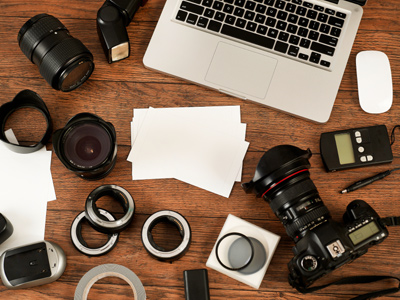
Recording Ideas
This quiz addresses the requirements of the National Curriculum KS3 in Art and Design for children aged 11 to 14 in years 7 to 9. Specifically this quiz is aimed at the section dealing with producing creative work, exploring ideas and recording experiences.
As KS3 students develop their skills and abilities in art and design, they will subsequently learn how to organise their ideas and record their experiences in order to inform their project planning and provide them with a bank of visual imagery which will support their art. Recording ideas may take many forms - from quick and simple sketches 'in the field', to photographed images and perhaps even a collection of ideas and ephemera which inspires and consolidates ideas for a particular project.
Ready for more?
not all...
quizzers. Try to win a coveted spot on our Hall of Fame Page.







